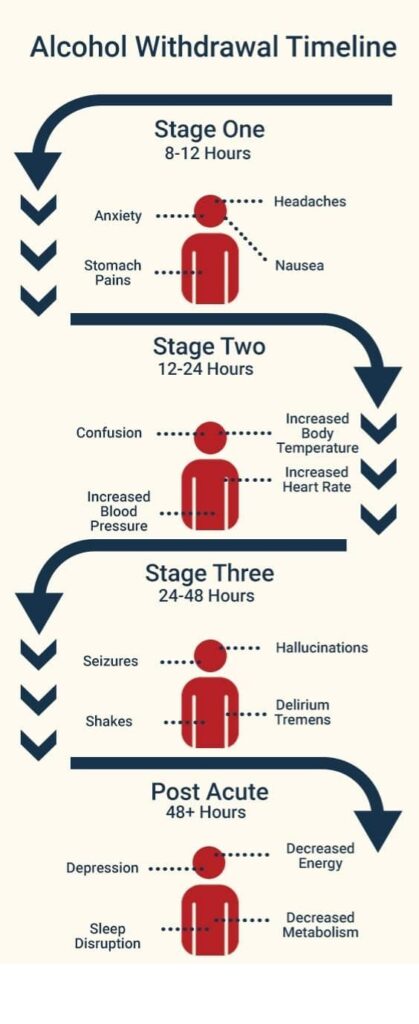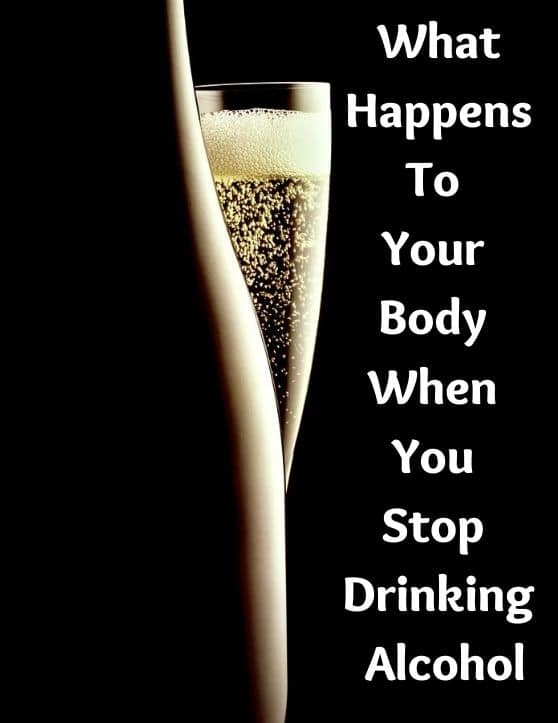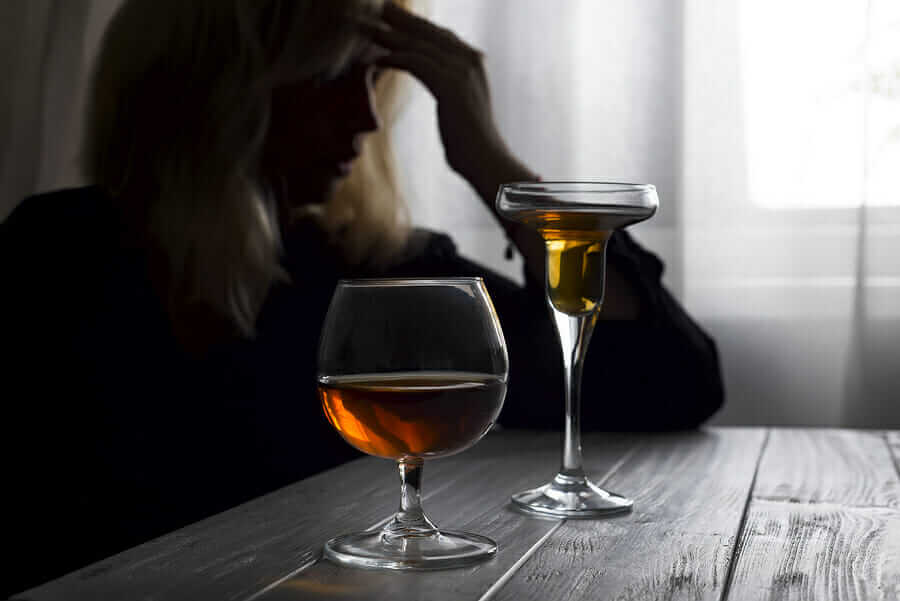How To Detox From Alcohol? Beat The Intoxication
Alcoholism is a spectrum, ranging from an occasional night of extreme intoxication versus alcoholics who struggle with abstaining from liquor. Most are apprehensive about quitting because of withdrawal symptoms experienced during alcohol-detox.

While some may only experience mild symptoms, others may report extreme discomfort. Withdrawal symptoms can vary quickly and aggressively. Thus, it is important to detox under the care of medical professionals.
If you are physiologically-dependent on alcohol that is if you experience physical symptoms upon abstinence, the withdrawal symptoms can be extremely distressing and uncomfortable, and people usually return to drinking alcohol to relieve their discomfort.
What is Alcohol Detox?
Alcohol detoxification (detox) is the natural process in the body as it tries to relieve the system of waste materials and toxins from excessive, prolonged alcohol consumption. During treatment, alcohol detox is done along with medications, medical observation, and counseling.
During alcohol detox, deliberately abstaining from drinking will give the body time to adjust to functioning without alcohol. Alcohol detox can be distressing, painful, and dangerous because it makes a person experience withdrawal symptoms. Often, withdrawal causes a person to relapse, but detox allows them to quit drinking safely and less painfully.
Prolonged alcohol abuse can result in tolerance and biological changes that produce false homeostasis. Detox helps in disrupting this balance and restoring the user to a healthy state.
How Long Does It Take To Detox From Alcohol?
If you decide to abstain from drinking alcohol, you may experience withdrawal symptoms. Several factors help determine the time it takes to detox, including how much you drink, how frequently you have been drinking, and if you have undergone any detoxification process.
You may experience detox symptoms for four to five days after the last drink. The withdrawal cycle mostly lasts for about one week.
The withdrawal symptoms usually begin within six hours after the last drink and become intense after two or three days. During the initial 12 hours of withdrawal, a person may experience sweating, nausea, and irritability. The blood pressure may rise with an accelerated heartbeat. You may also notice withdrawal-induced insomnia and tremors.
After 24 to 48 hours, the withdrawal symptoms will worsen, and in severe cases, hallucinations and seizures may also occur. During 48 to 72 hours, a person can experience emotional distress and continued delirium tremens. The physical symptoms of withdrawal will begin to subside after five days, but psychological symptoms often persist. Some people will continue to experience anxiety, irritability, and insomnia for weeks or even months.
The minor withdrawal symptoms may subside within a few days, but moderate to severe cases may range from a few weeks or even months to get back to normal life.

How To Detox From Alcohol At Home?
Alcohol addiction can affect the user and their loved ones. A detox may seem like the only option to deal with alcoholism. However, it may prove risky attempting to detox at home. It is recommended to detox under the guidance of a medical professional at a rehab facility to address alcohol addiction and dependence.
It is possible for people with mild alcohol withdrawal symptoms to safely detox from alcohol at home but must necessitate extra caution. Withdrawal from alcohol can cause serious health issues, requiring medical treatment.
If you decide to detox at home, you must do it safely. Follow the below-listed elements while attempting self-detox at home:
- Eliminate alcohol from your home: This may seem self-evident, but it is a crucial step during self-detox. You will not be able to curb your cravings when you first start feeling withdrawal symptoms. Hence, avoid temptation by getting rid of any alcohol you might have on hand.
- Clear your schedule: For some people, clearing their schedule for days or weeks can seem difficult, but it is essential if you want your detox to be effective. So take a break from work and put your commitments on hold temporarily so that you can concentrate on your recovery.
- Support: It would be safe to have a family member or a friend to assist you during self-detox. They may help keep you safe and seek medical help in case of severe withdrawal symptoms. It would help if you didn’t attempt self-detox all alone at home. It might prove risky.
It isn’t easy to withdraw from alcohol, and not everyone can detox on their own. Hence, alcohol detoxification and alcohol withdrawal treatment is performed by medical professionals at rehab centers.
What To Eat During Self-Detox?
Food would likely be the last thing on your mind when your body detoxifies from alcohol. However, since alcohol affects your body’s metabolism and nutrient absorption, eating is vital during the recovery process.
- Hydration: Alcohol withdrawal causes various symptoms such as fatigue, anxiety, depression, lack of appetite, nausea, and vomiting. Severe symptoms may limit your ability to eat.
Drinking plenty of fluids during this time will help your body rehydrate and eliminate toxins. You can consume water, broth, ice pops, juice, and gelatin during the early stages of alcohol withdrawal.
- Balanced Diet: It is important to eat healthily and choose various foods to meet your caloric needs. Consume a good deal of fruits and vegetables, whole grains, and lean protein.
- Vitamins and Minerals: During self-detox, it is suggested to take vitamins and minerals to help ease withdrawal symptoms. You must include multivitamins, vitamin B, vitamin C, vitamin E, and calcium.

How To Safely Detox From Alcohol?
Gradually reducing alcohol consumption can prevent severe withdrawal symptoms, and cautious tapering may also help avoid serious health hazards. If you taper off alcohol slowly or under medical supervision, the brain gets time to adapt without causing severe side effects.
Alcohol relaxes the brain, and the brain adapts to the depressive effects of alcohol by enhancing its activity. People dependent on alcohol usually feel normal. When abruptly quit drinking, the brain maintains its hyperactivity, but alcohol no longer suppresses the effects. It can cause severe life-threatening withdrawal symptoms, including seizures, delirium tremens, tremors, and hallucinations.
A safe option is to enroll in an inpatient or outpatient treatment program supervised by a team of health care professionals who can offer you the care you need. The benefits include a safe and structured environment, medical stabilization, peer support, relapse prevention, therapeutic intervention, family support, and long-term treatment (aftercare).
- Inpatient Treatment: You will benefit from around-the-clock care by a team of medical professionals. Inpatient treatment is typically recommended for people who have been drinking for an extended period and consumed excessive amounts of alcohol. Another added advantage is that a doctor can prescribe medications to help manage withdrawal symptoms.
- Outpatient Treatment: Outpatient treatment can be given to people with less severe addiction. The patient visits the treatment facility regularly during detox and detox at home. During the visit to the treatment facility, the doctor will prescribe medications to help with withdrawal symptoms.
People with alcohol addiction or dependence can seek help from support groups such as Alcoholics Anonymous or medical professionals at rehab centers. They will help you detox in a safe environment and teach you coping strategies (stress) and techniques to overcome the underlying causes of alcohol addiction.
How To Detox Your Liver From Alcohol?
The liver helps convert toxins into waste products, cleanse your blood, and metabolize nutrients and medications to supply the body with some of its most important proteins. Most people are aware that excessive use of alcohol can damage the liver. When the liver gets damaged or compromised, it cannot detox the body.
Some simple ways to detox your liver can help your liver get back on its track, so it can serve properly to keep you healthy.
- Hydration: Water helps the liver to flush out toxins through its cellular systems and accelerate them on their way out of your body. Drink approximately 4 liters of water per day and stay away from carbonated beverages.
- Stop Consuming Alcohol: Stopping alcohol can help prevent further damage to the liver.
- Lifestyle Changes: Making positive lifestyle changes can have an impact on liver function. Cigarettes contain toxins that worsen liver damage; hence you should avoid smoking. Obesity can also cause liver disease; hence maintaining a healthy weight is paramount.
- Healthy Eating Habits: The liver does not have to work as hard to filter what passes through it when you don’t consume refined foods, sugars, or saturated fat. A healthy diet will help maintain your liver health.
- Workout: Exercise will improve the liver in a variety of ways, including preventing obesity. In addition, exercise strengthens the immune system and lowers the risk of liver cancer.
- Medications: You must keep track of the medications you are taking. Some over-the-counter medications may be detrimental to the liver if taken in excess.
- Unnecessary Toxins: Keeping the liver safe can be as simple as avoiding illicit substances or abused prescription medications. Considering extra precautions, such as wearing a mask and gloves when handling aerosol sprays, spray paints, insecticides, fungicides, or any other kind of sprayed chemicals, may prevent the toxins from entering the body.
As such an essential part of the body’s overall regulation, it is paramount to keep your liver healthy and limit overindulgence.
What Are Symptoms Of Detoxing From Alcohol?
Withdrawal symptoms can occur when you abruptly stop using alcohol after regular excessive drinking. These symptoms can range from mild to severe. Severe withdrawal symptoms can be life-threatening and, in rare situations, can be fatal.
Common Withdrawal Symptoms
- Feelings of anxiousness, nervousness, and irritability
- Depression
- Mood swings
- Feeling wiped out and tired
- Shakiness
- Unclear thinking
- Nightmares
- Dilated pupils
- Sweating
- Headache
- Difficulty sleeping
- Nausea and vomiting
- Appetite loss
- Rapid heart rate
- Pale skin
- Tremor
Severe Withdrawal Symptoms
- Fever
- Extreme agitation
- Seizures
- Extreme confusion
- Hallucinations
- High blood pressure
Alcohol withdrawal is diagnosed following history and physical exam, and blood tests to rule out other medical problems. The doctor will look for above mentioned physical signs and symptoms and provide treatment based on the severity of symptoms.
Mild to moderate withdrawal symptoms can be dealt with in the outpatient setting with regular doctor visits until you get stabilized. The doctor will provide counseling regarding alcohol use and prescribe medications if necessary to help get through withdrawal.
Moderate to severe withdrawal symptoms will require hospitalization. They will monitor your vital signs and blood tests done. You may be given IV fluids to prevent dehydration. Medications will be prescribed to help you get through the symptoms of withdrawal or to treat other complications.
Takeaway
Most people experience a full recovery from alcohol withdrawal symptoms. Some people may continue to have disruptive symptoms for months, such as difficulty sleeping, mood swings, and fatigue, and a few people die from delirium tremens.
Recovery can be more complicated if you have underlying medical conditions, continue to drink heavily, and organs are damaged. Heavy drinking can damage the organs; hence, it is important to get help and treatment if you struggle to abstain from using alcohol.










